Winterizing Your Boat: Essential Tips and Products to Protect Your Investment
As the crisp air and cooler temperatures begin to set in, it’s time for boaters to start thinking about winterizing their boats. Properly winterizing your boat is crucial to ensuring it stays in top condition during the off-season. Neglecting this important step can lead to costly repairs come spring and potentially shorten the life of your vessel. This comprehensive guide will walk you through the essential steps, key product categories, and tips to protect your boat from the harsh winter elements.
Why Winterizing Is Important
Winterizing a boat involves taking steps to protect it from cold temperatures, freezing conditions, and the wear and tear that comes with inactivity. Freezing water can damage various parts of your boat, especially the engine, plumbing, and fuel systems. Additionally, prolonged exposure to cold, wet, and windy conditions can cause surfaces to deteriorate. By winterizing your boat, you are safeguarding its mechanical systems, protecting the exterior, and preparing it for easy and reliable use when boating season returns.
When to Winterize Your Boat
Timing is critical when it comes to winterizing your boat. Typically, boats should be winterized when the temperatures dip consistently below 32°F (0°C), as this is when water in the boat's systems is at risk of freezing. Depending on where you live, you should plan to winterize your boat before the first hard frost or freeze. For those in more temperate climates, winterizing may still be necessary, even if freezing temperatures are not common.
Step-by-Step Guide to Winterizing Your Boat
1. Flush and Clean the Engine
The engine is the heart of your boat, and proper maintenance during the winterization process is essential to ensuring it runs smoothly in the spring. The primary concern when winterizing the engine is preventing water from freezing in the cooling system, which can cause damage to the engine.
How to Winterize the Engine:
- Flush the Engine: Start by flushing the engine with fresh water to remove any salt, dirt, and debris. Use a freshwater flushing kit, which attaches to the boat’s cooling system. For boats used in saltwater, make sure to use a salt-removal solution in the flushing process.
- Drain the Water: After flushing, drain any remaining water from the cooling system, including the engine block, hoses, and exhaust manifold. This step is crucial for preventing freezing.
- Add Antifreeze: Pour marine-grade antifreeze into the cooling system. For inboard engines, pour antifreeze into the engine block and allow the engine to run for a few minutes to circulate the antifreeze throughout the cooling system.
2. Stabilize the Fuel System
Stabilizing the fuel system is critical to prevent fuel from degrading over the winter. Without proper stabilization, your fuel can break down, leading to engine problems and clogged fuel lines when you try to start the boat in the spring.
How to Stabilize the Fuel:
- Fill the Tank: Fill your boat's fuel tank to prevent condensation from forming inside the tank, which can cause corrosion.
- Add Fuel Stabilizer: Add a marine-grade fuel stabilizer to the fuel tank and run the engine for a few minutes to ensure it is mixed properly in the fuel system. This will keep the fuel from breaking down and prevent it from gumming up the carburetor or fuel injectors.
- Change the Fuel Filter: Before winterizing, change the fuel filter to ensure that any impurities in the fuel system are removed.
Recommended Products:
- Sta-Bil Fuel Stabilizer: A popular choice for keeping fuel fresh and preventing water buildup.
3. Change the Oil and Filter
Changing the oil and filter in your boat’s engine is an essential step for preventing corrosion. Used oil contains contaminants that can cause damage when left in the engine over the winter months. Replacing it with fresh oil will protect the engine’s internal parts.
How to Change the Oil:
- Drain Old Oil: Start by draining the old oil completely.
- Replace the Oil Filter: Replace the oil filter to ensure it’s clean for the next season.
- Add Fresh Oil: Use the recommended oil for your engine type and fill it to the correct level.
4. Protect the Boat’s Electrical System
Cold temperatures can cause electrical systems to fail, especially when the boat is not in use. Properly winterizing the electrical system will ensure that the battery and other components remain in good working condition when boating season resumes.
How to Winterize the Electrical System:
- Disconnect the Battery: If your boat is stored for the winter, it’s a good idea to disconnect the battery to prevent it from draining. Store it in a cool, dry place and check it periodically during the off-season.
- Clean the Battery Terminals: Clean any corrosion from the battery terminals to ensure a strong connection when you reconnect the battery in the spring.
- Check the Electrical Connections: Inspect all connections for wear, corrosion, or damage.
5. Winterize the Plumbing System
If your boat has a freshwater system, plumbing, or a head (toilet), you must winterize these components to avoid damage from freezing water. The risk of bursting pipes and tanks is a serious concern in freezing temperatures.
How to Winterize the Plumbing System:
- Drain the System: Drain all fresh water from the plumbing system, including the water tanks, pipes, and faucets.
- Add Antifreeze: Pump non-toxic RV antifreeze into the system to protect it from freezing. Be sure to add antifreeze into all drains, the toilet, and the freshwater system. Make sure the antifreeze flows through all the lines.
- Check for Leaks: Inspect hoses and connections for leaks that could worsen over time.
6. Clean and Protect the Exterior
The boat’s exterior takes a lot of abuse during the boating season. Winterizing is an opportunity to thoroughly clean and protect the surfaces to ensure they remain in good condition and are ready for the next season.
How to Clean and Protect the Exterior:
- Wash and Wax: Wash the boat to remove dirt, salt, and grime. Then, apply a coat of wax to protect the hull from oxidation and UV damage during the winter.
- Clean the Deck: Remove any debris from the deck and clean the non-slip surfaces.
- Apply UV Protectant: For vinyl seats and other surfaces, apply a UV protectant to prevent cracking and fading.
Recommended Products:
- Meguiar's Marine Wax: Protects the boat’s hull from the elements and adds a shiny finish.
7. Store the Boat Properly
Proper storage is key to ensuring your boat remains in good condition throughout the winter. Whether you store your boat indoors or outdoors, there are steps you can take to protect it from the elements.
How to Store the Boat:
- Indoor Storage: If possible, store the boat in a climate-controlled facility to avoid exposure to freezing temperatures and humidity.
- Outdoor Storage: If you’re storing your boat outside, invest in a high-quality boat cover to protect it from snow, rain, and wind. Make sure the boat is elevated off the ground to avoid moisture buildup.
Recommended Products:
- Classic Accessories StormPro Boat Cover: Provides great protection for boats stored outdoors.
- ShoreLand’r Boat Lift: Keeps your boat out of the water during the off-season and prevents moisture from accumulating.
8. Check the Propeller and Hull
Finally, make sure to inspect the propeller and hull for any damage or wear and tear that could have occurred over the season. Storing your boat with a damaged propeller or hull can lead to further damage that will need to be repaired before the next season.
How to Check the Propeller and Hull:
- Inspect the Propeller: Look for dings, cracks, or other damage. If necessary, replace or repair the propeller before storing the boat.
- Check the Hull: Look for cracks or areas of wear on the hull that may need repair.
In Conclusion.
Winterizing your boat is essential to ensure it remains in good condition and is ready to go when boating season resumes. By following the steps outlined above, flushing and cleaning the engine, stabilizing the fuel system, protecting the electrical system, and using the right products, you’ll safeguard your boat against winter’s worst. Whether you’re preparing for a short winter or a long off-season, taking the time to properly care for your boat will save you time, money, and effort when it’s time to hit the water again. Buy all your boat winterizing needs at CycloneSale.com. We are the Marine Megastore for all your boating needs!
Explore more
Buy Marine and Boat Outfitting Products Now
View allSign Up Now and Save
Subscribe to get special offers, free giveaways, and once-in-a-lifetime deals.


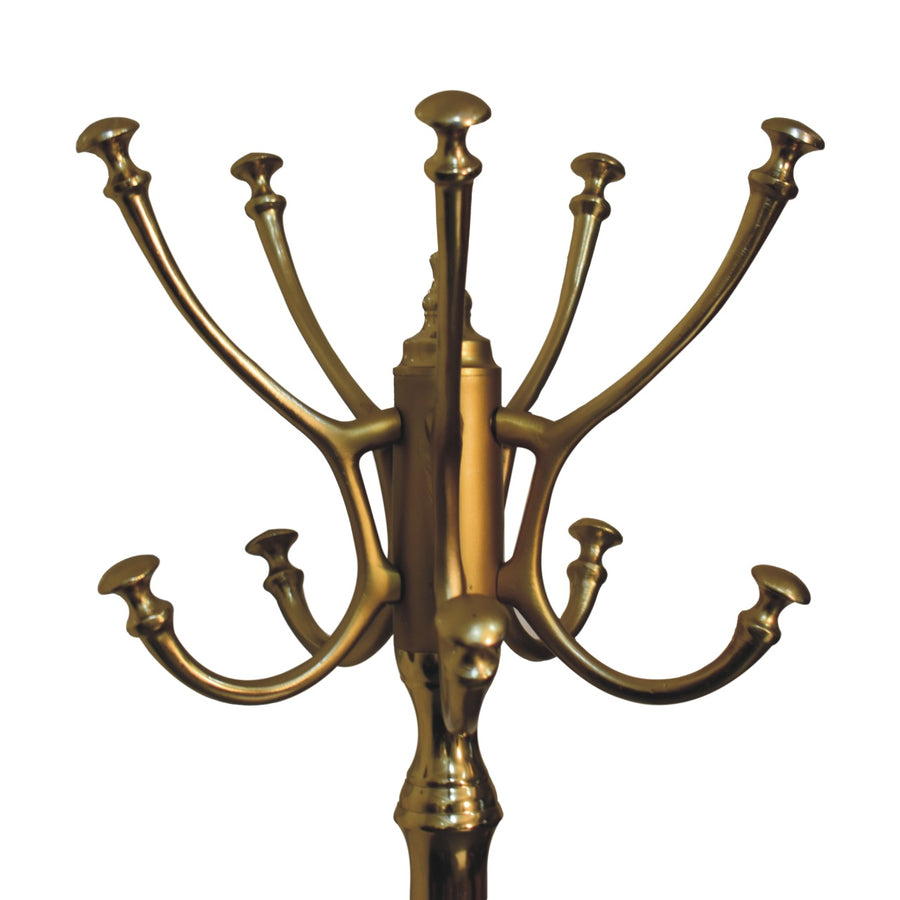
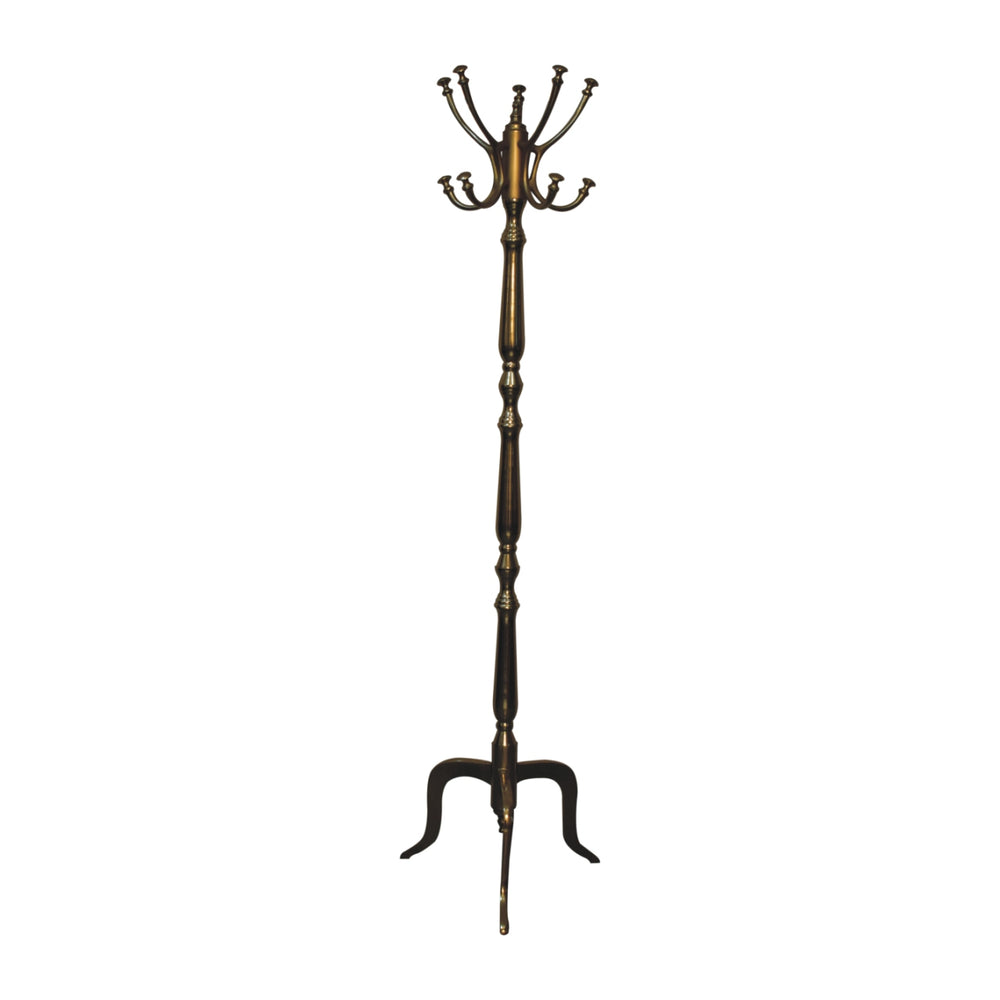

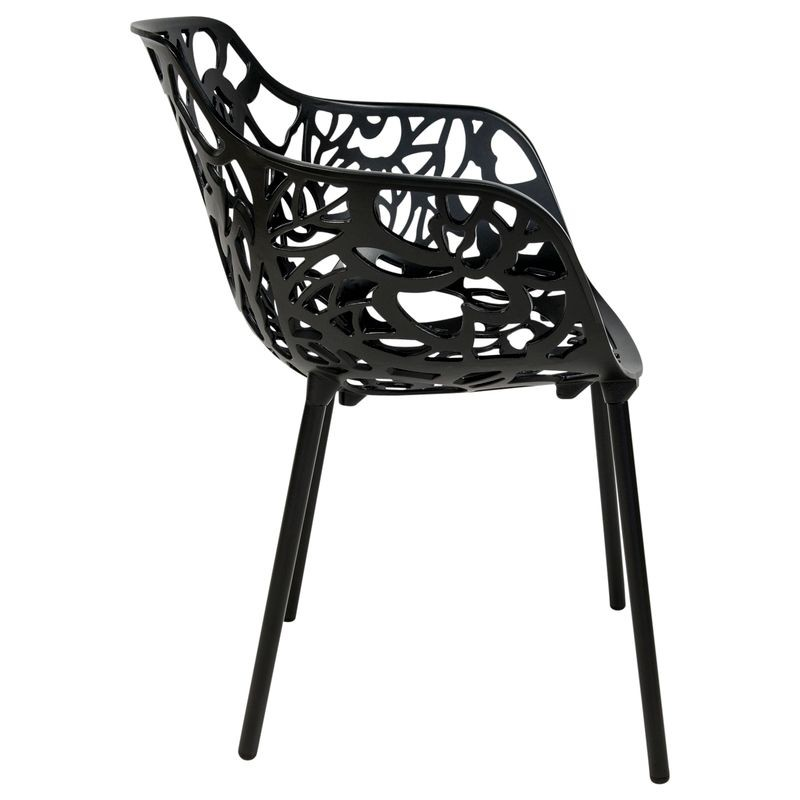
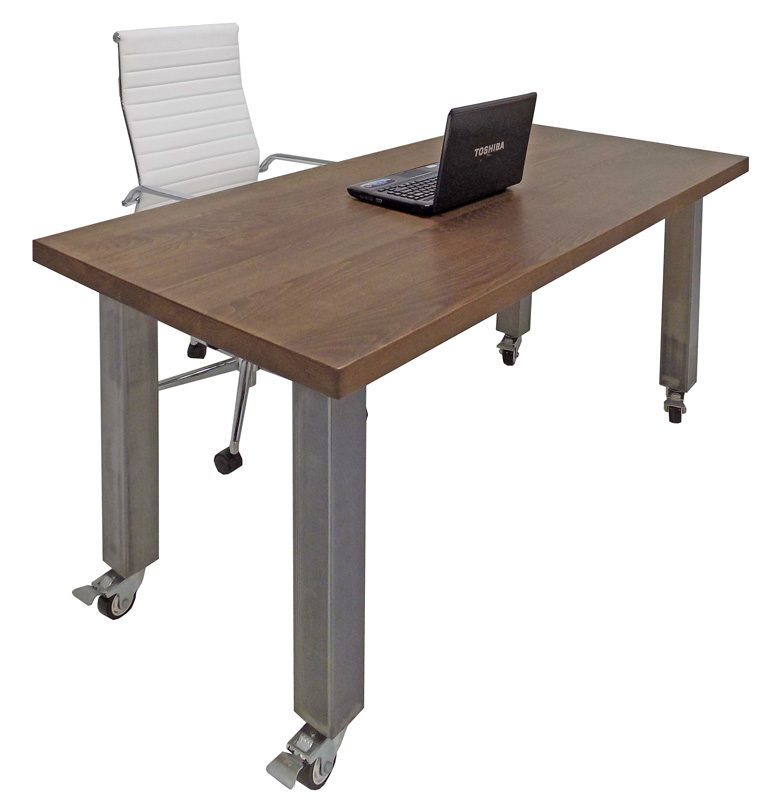
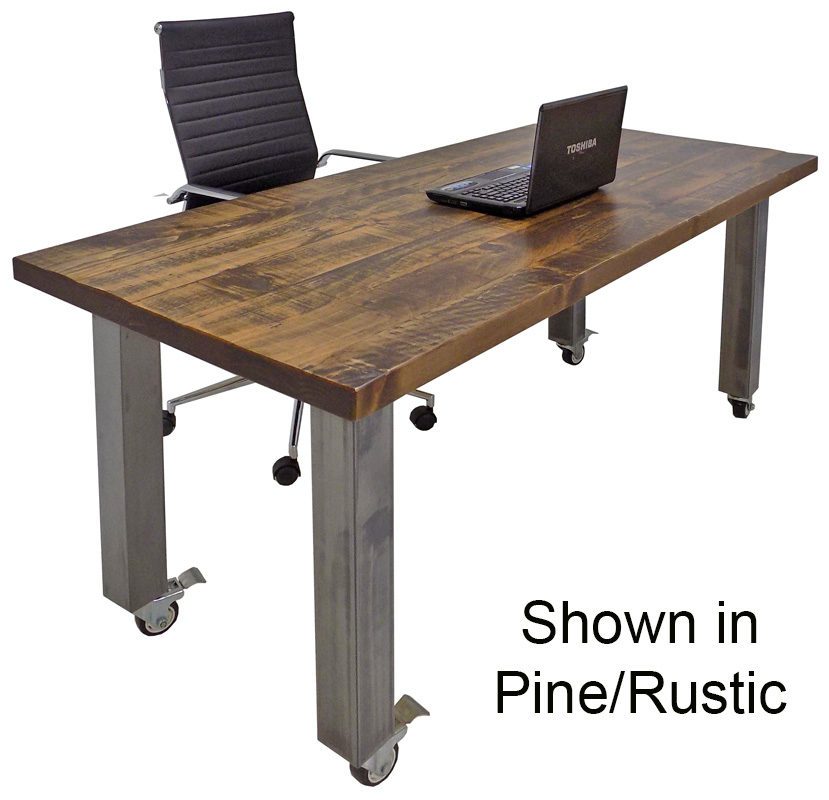

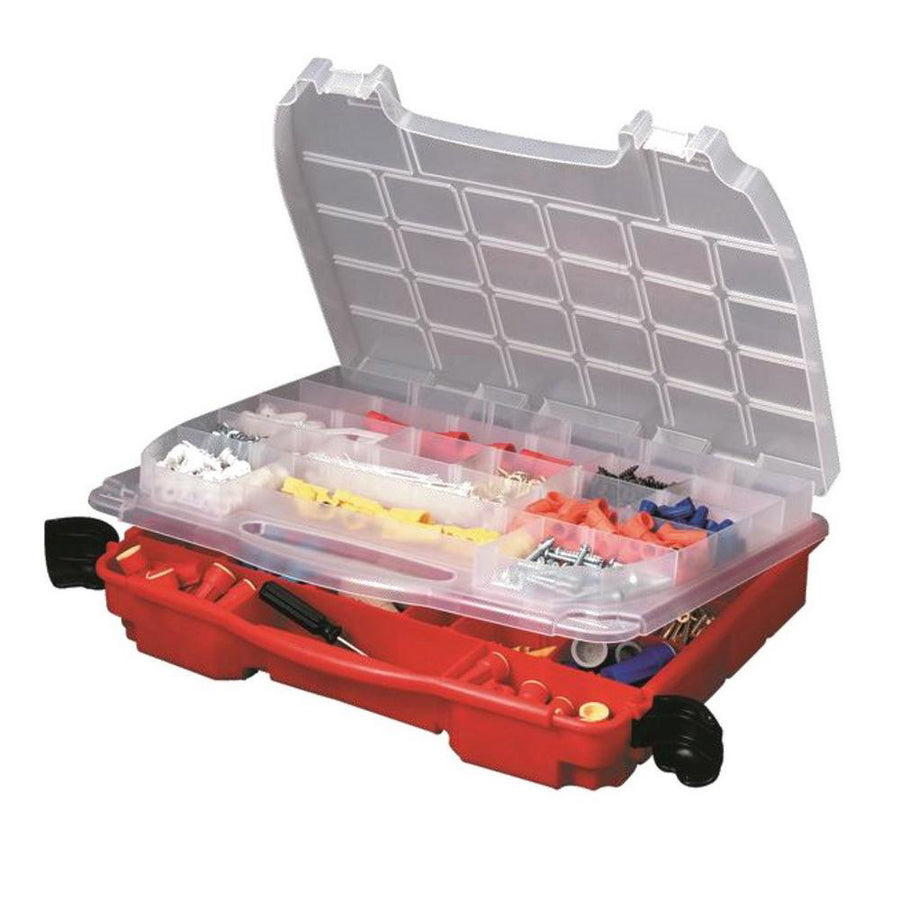
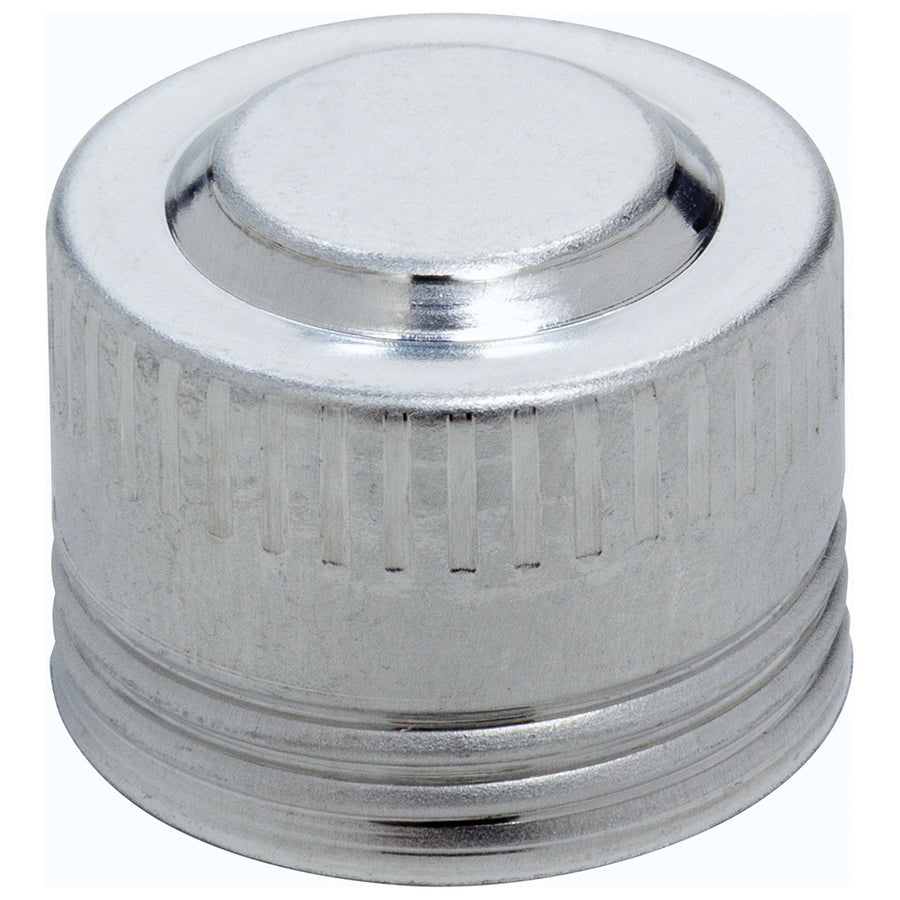
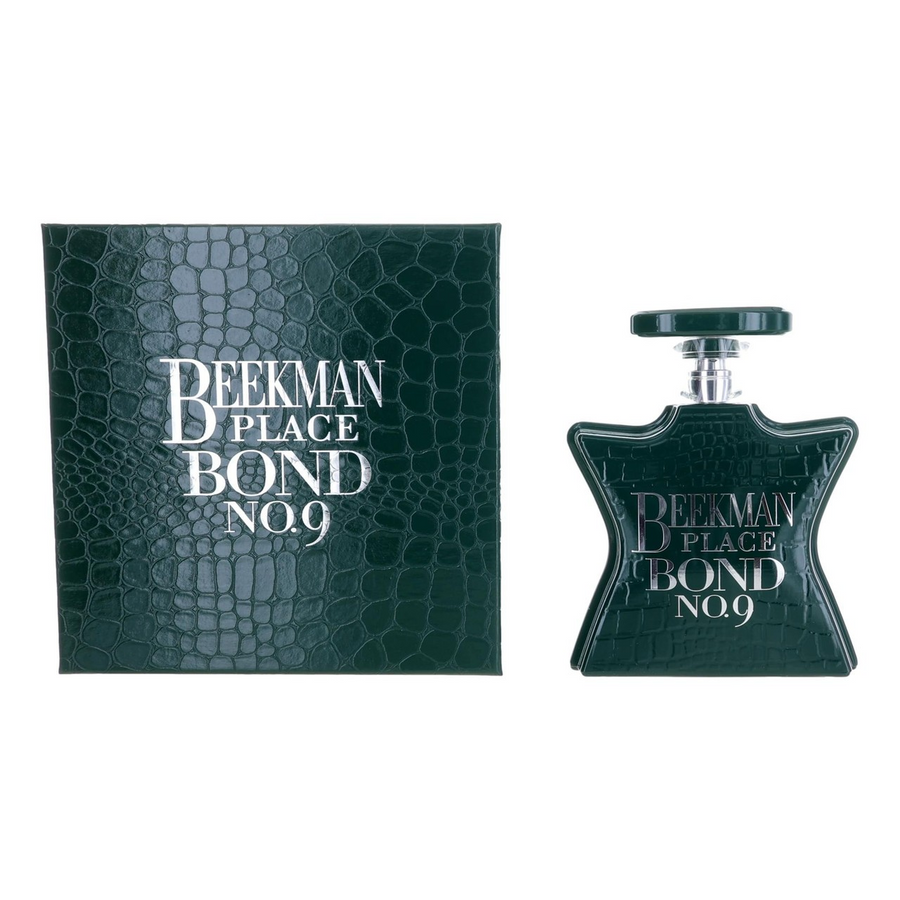

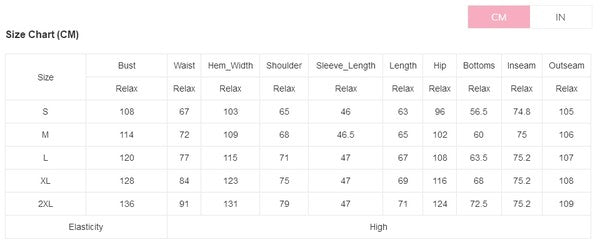






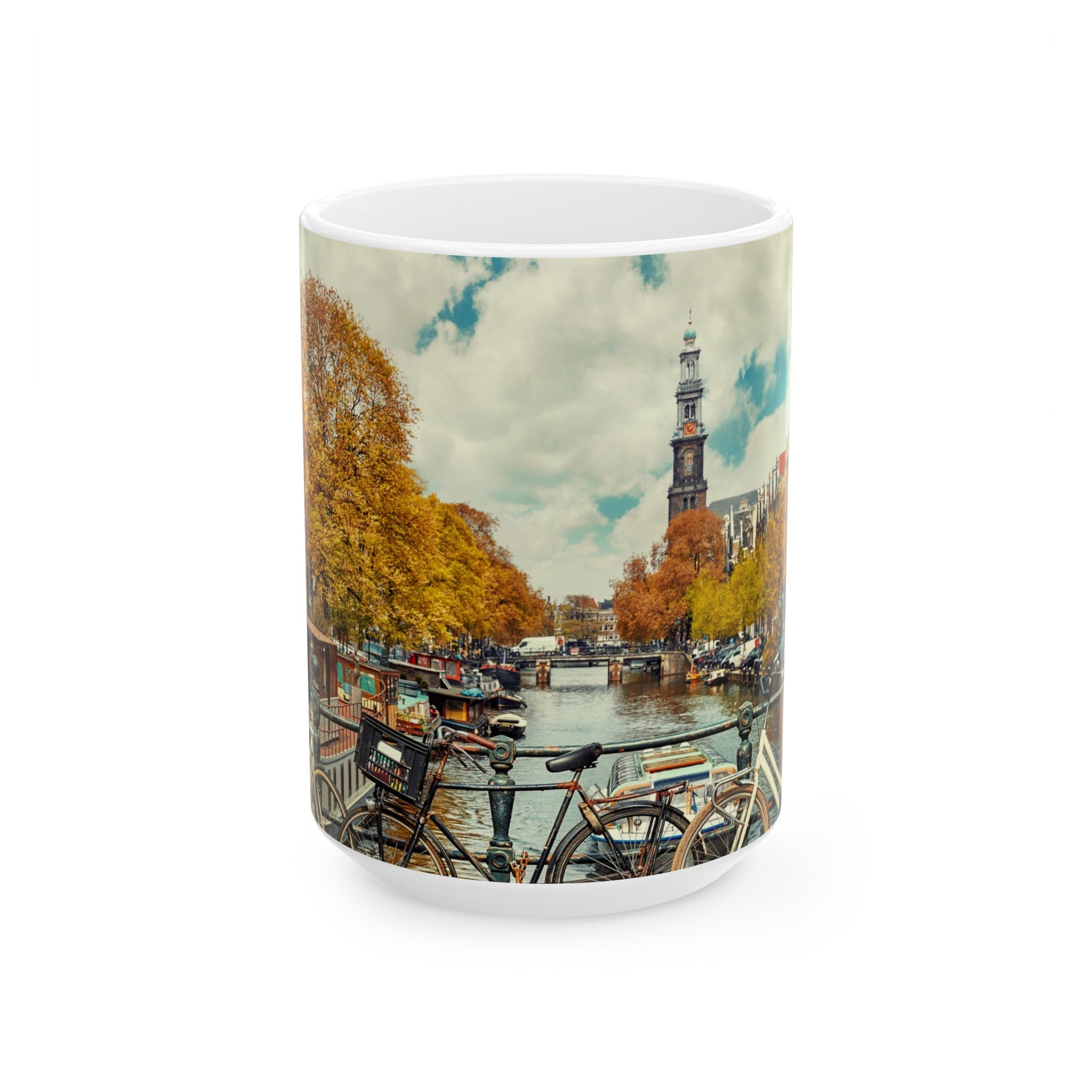
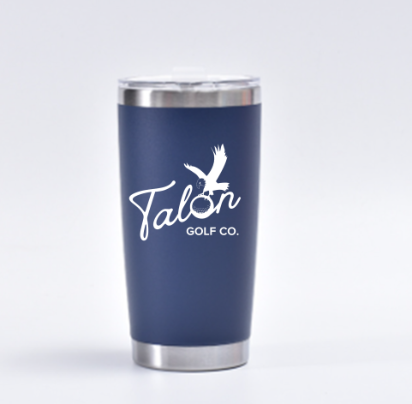


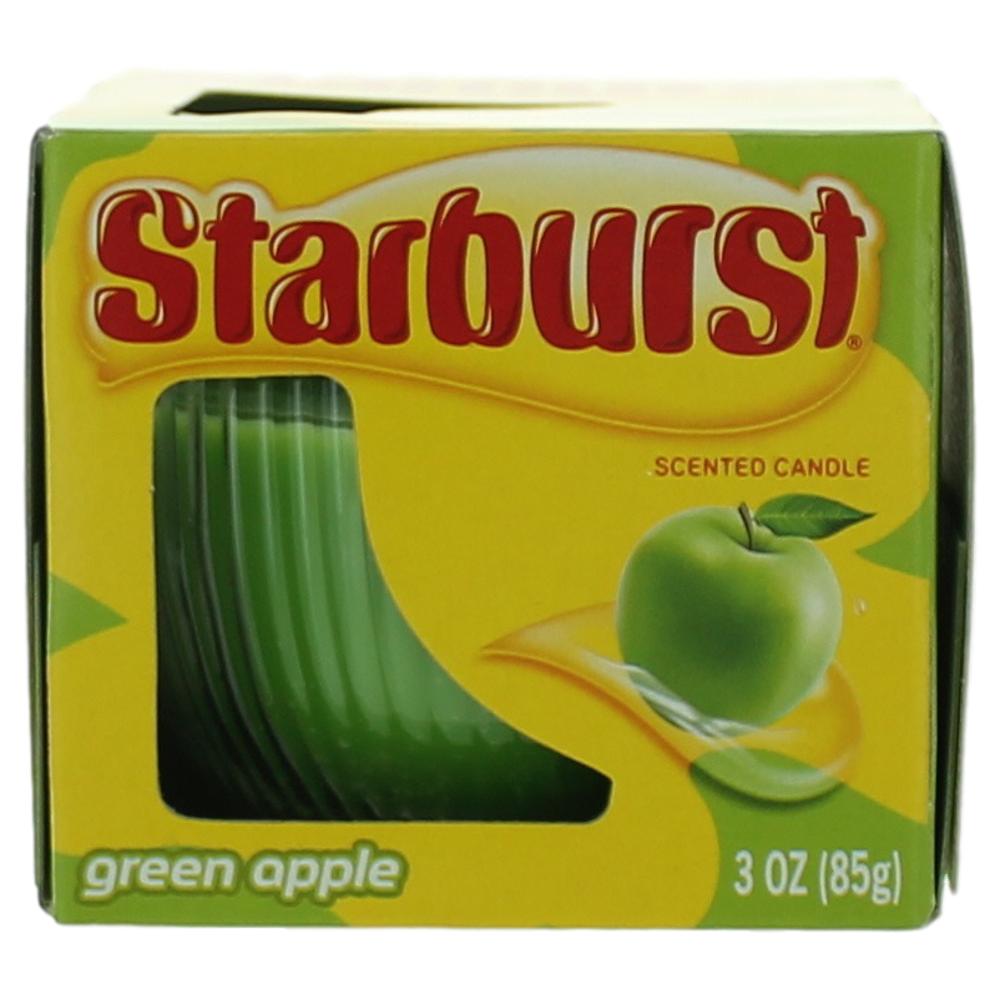
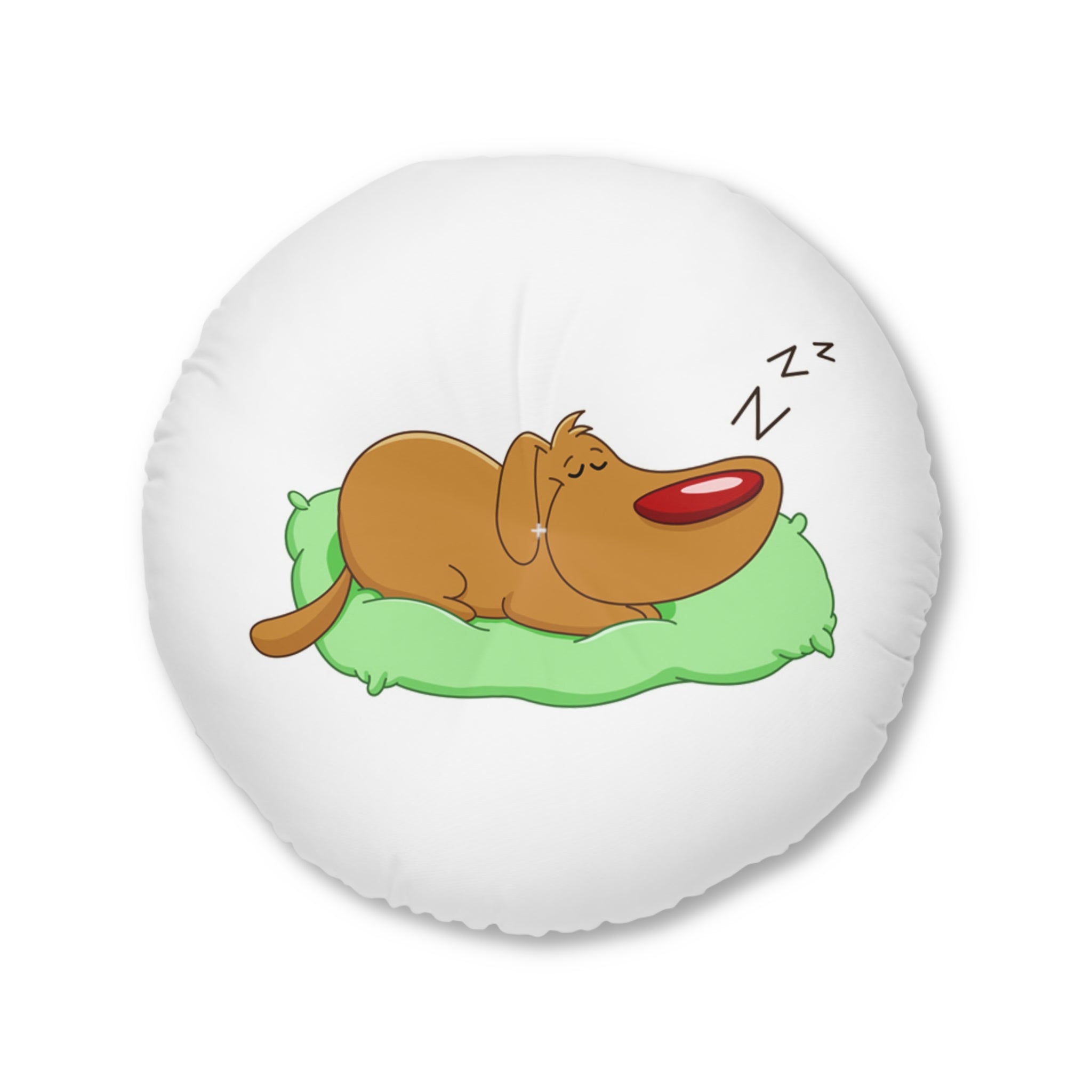


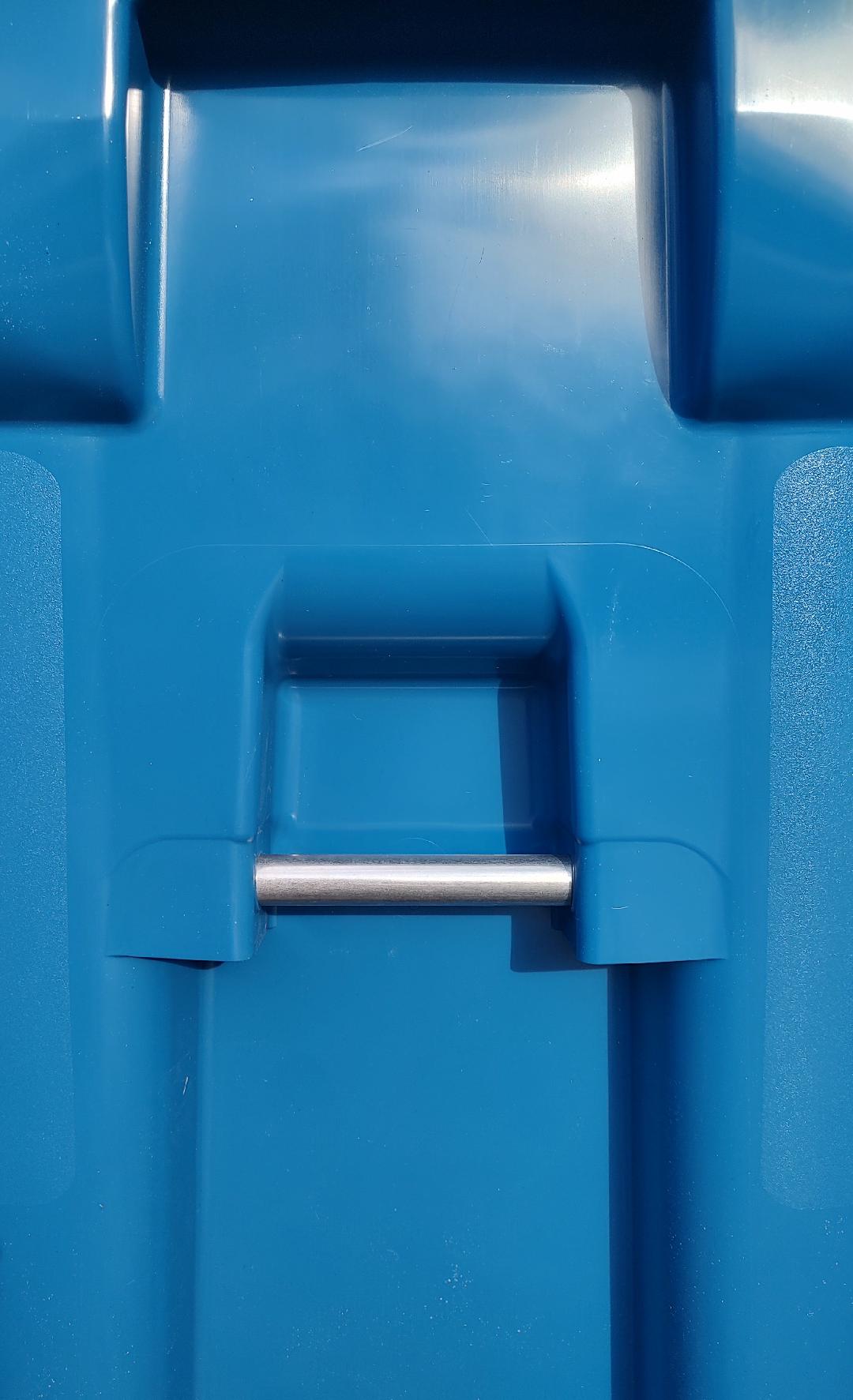



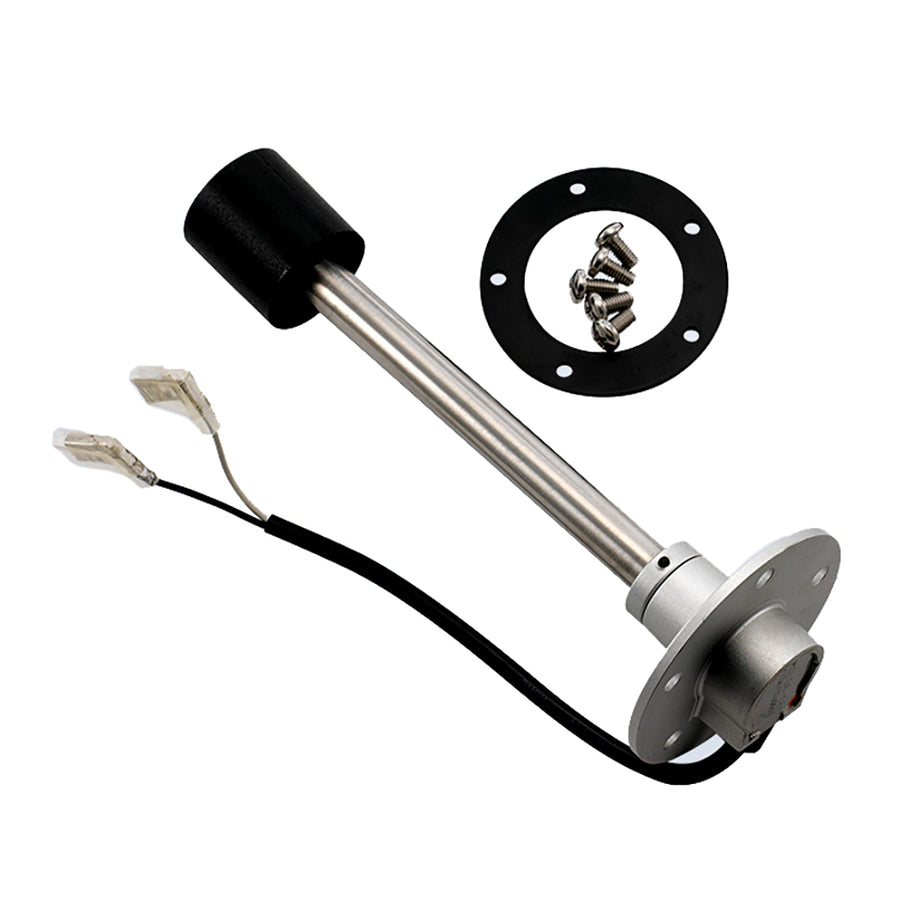

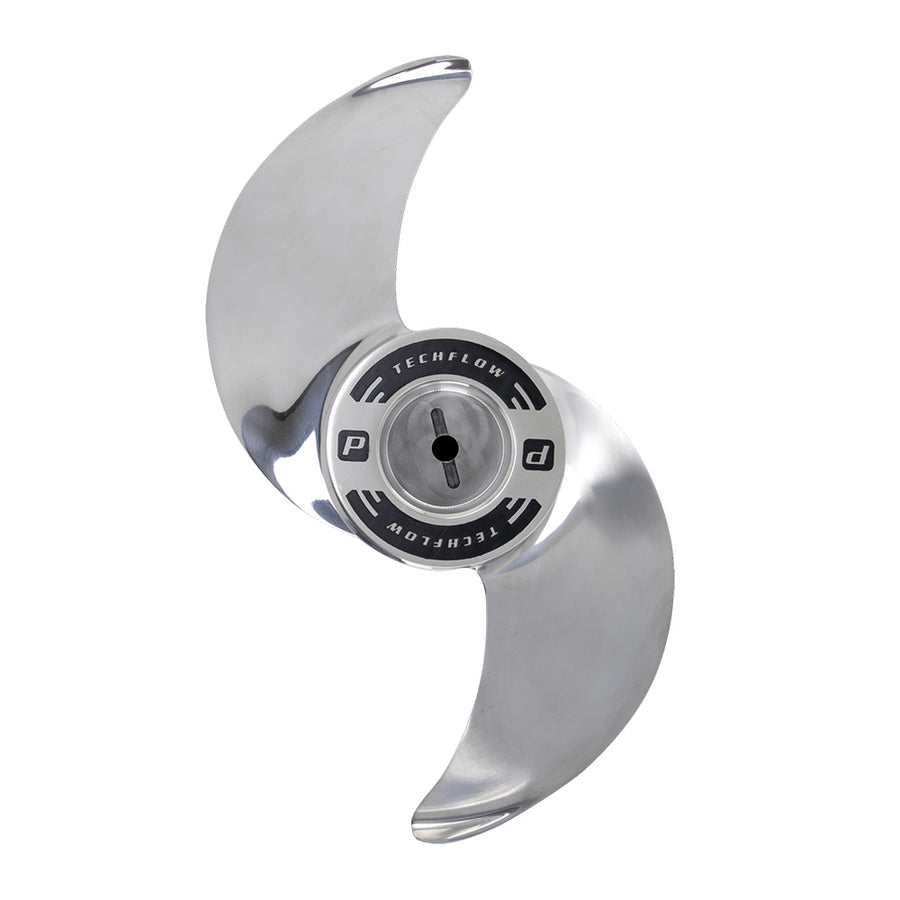
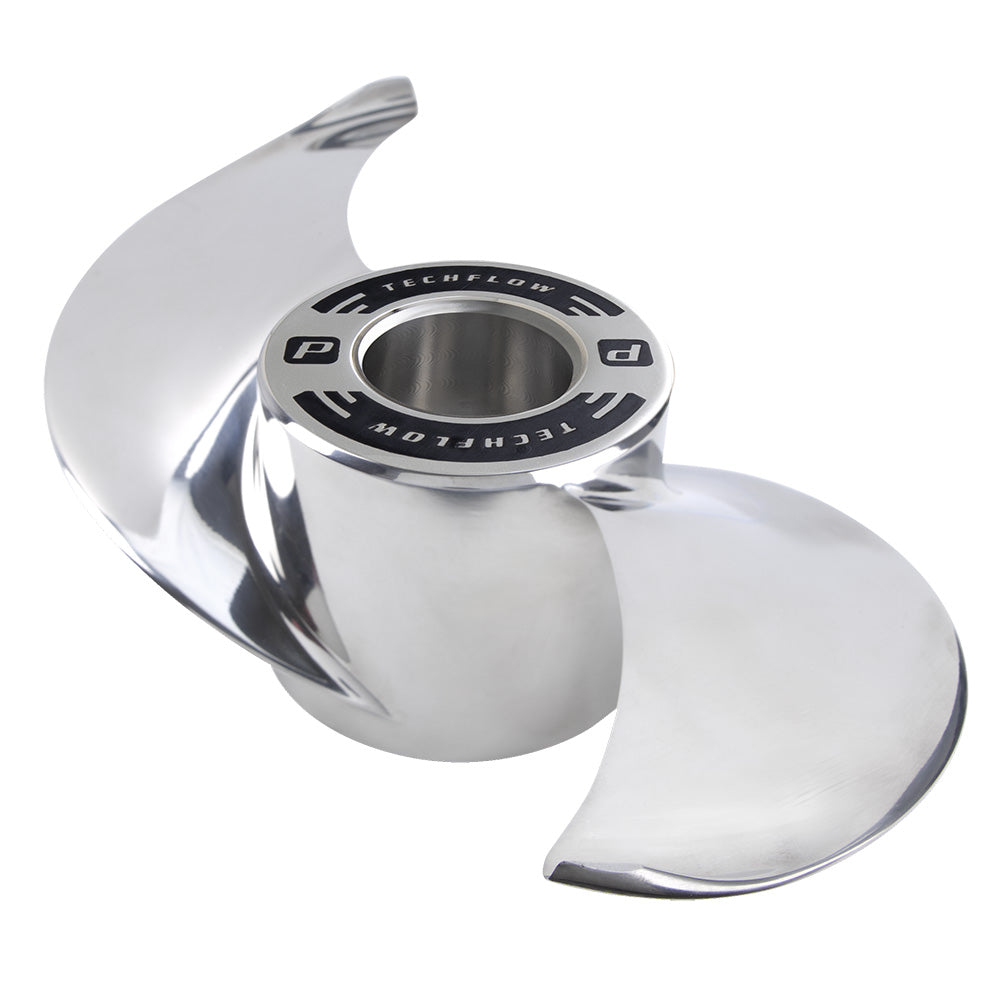









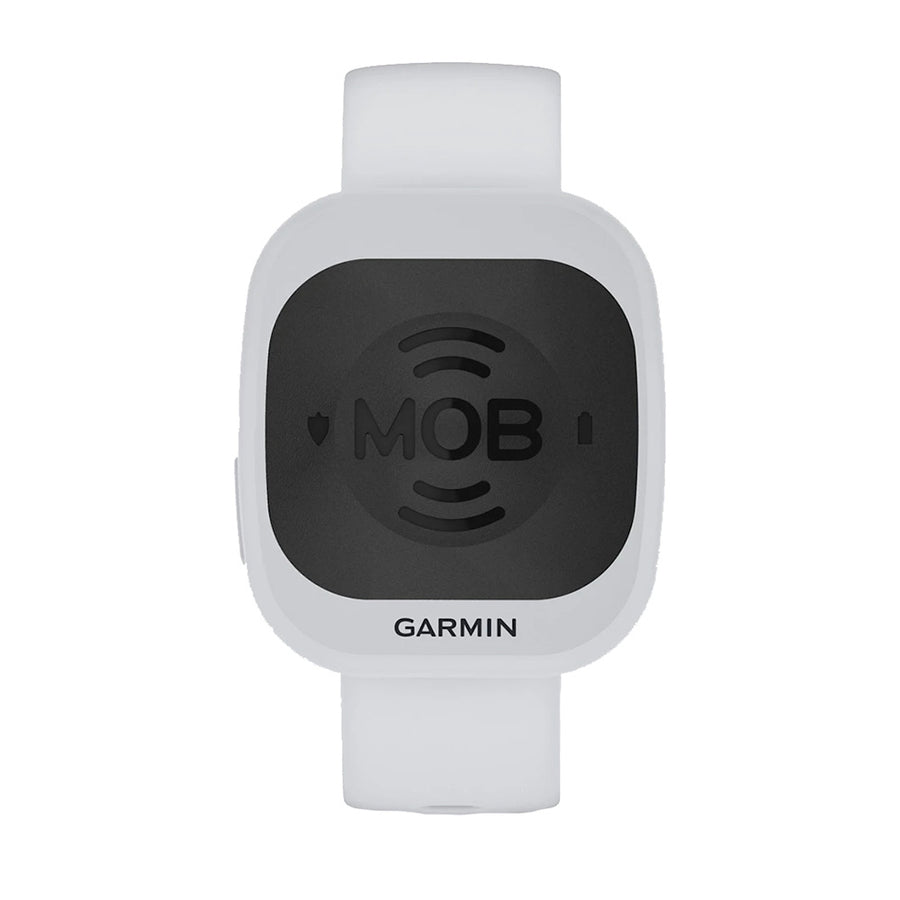
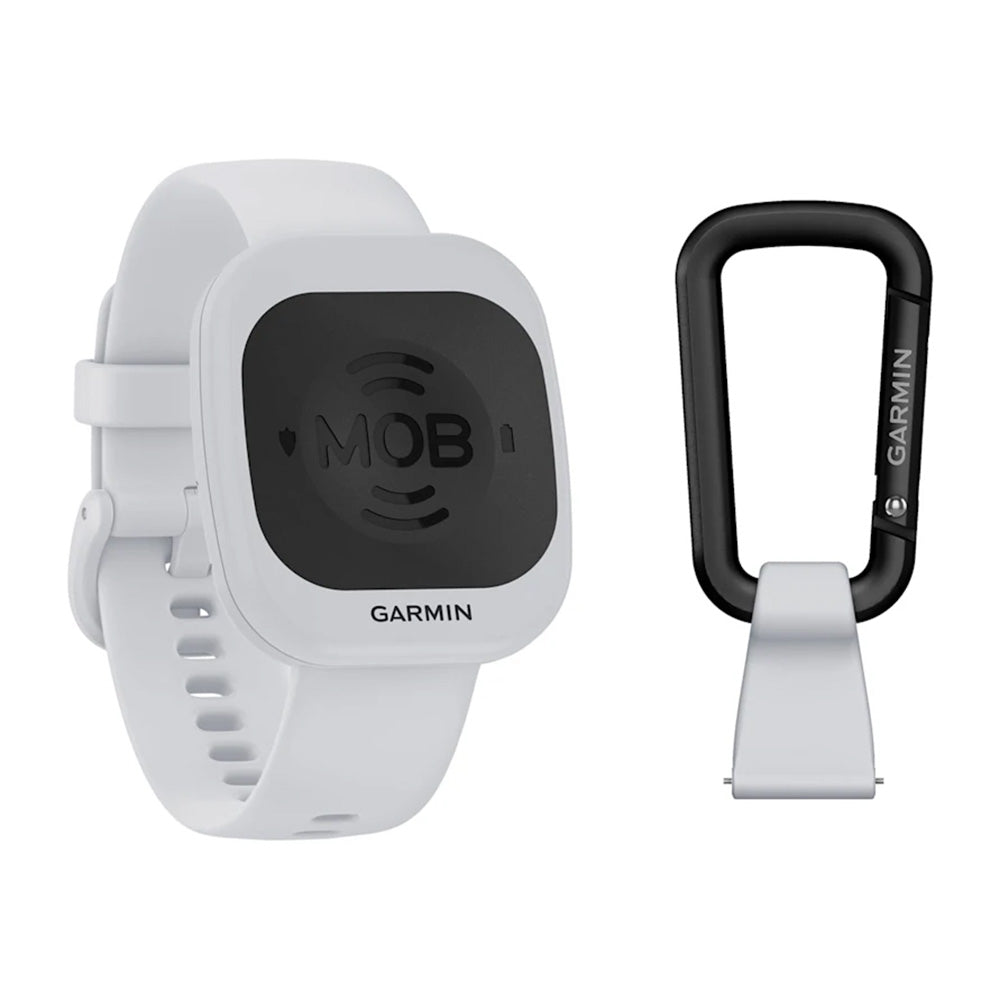




Leave a comment